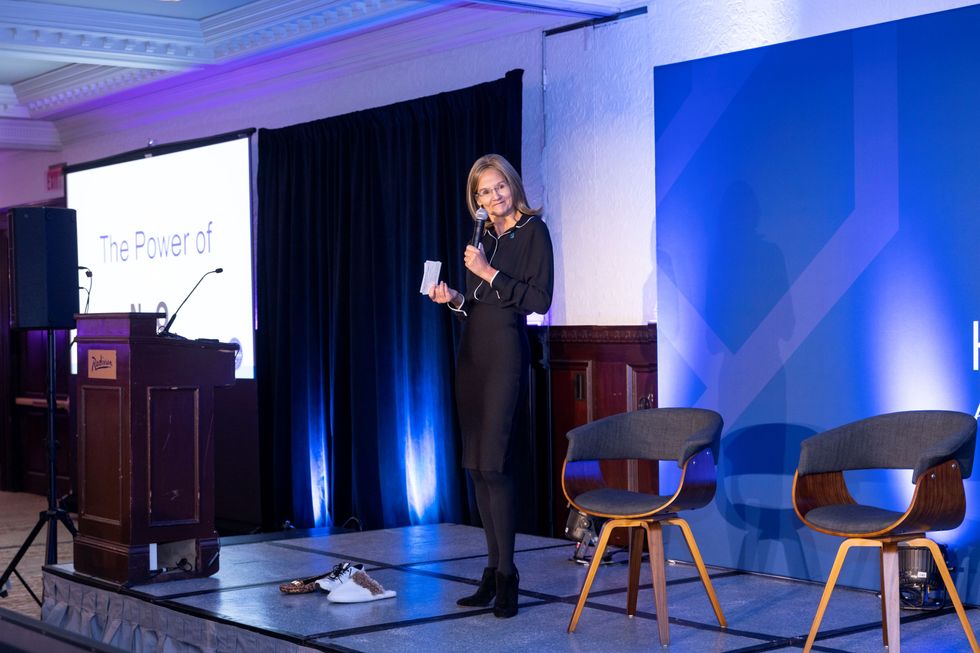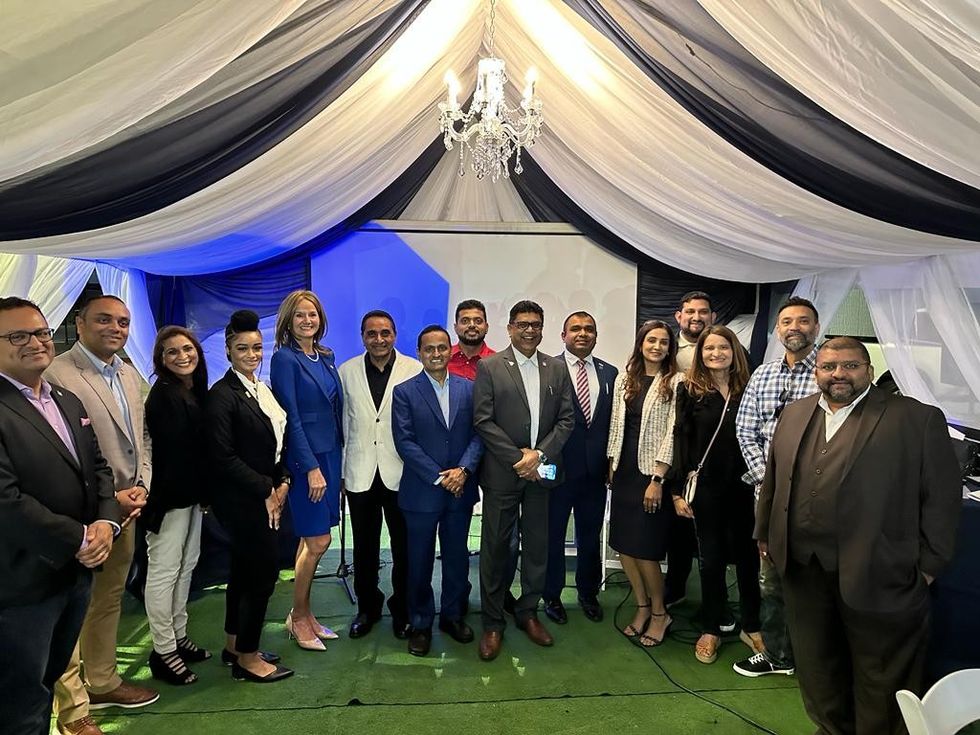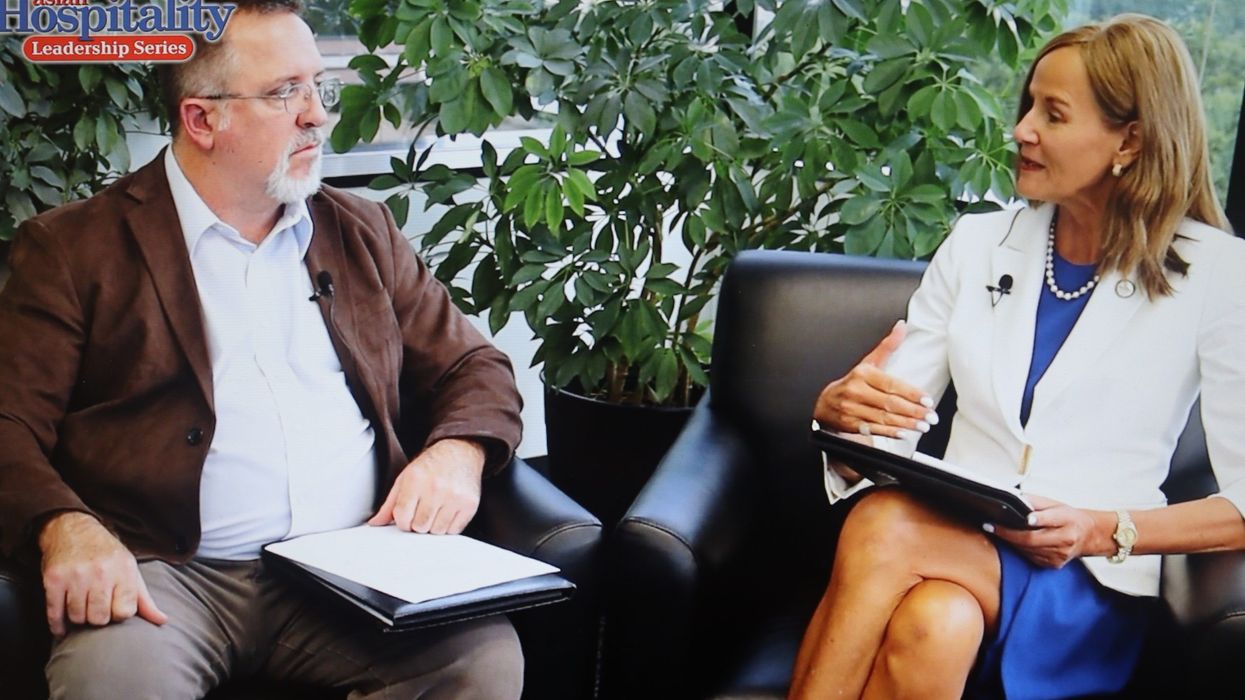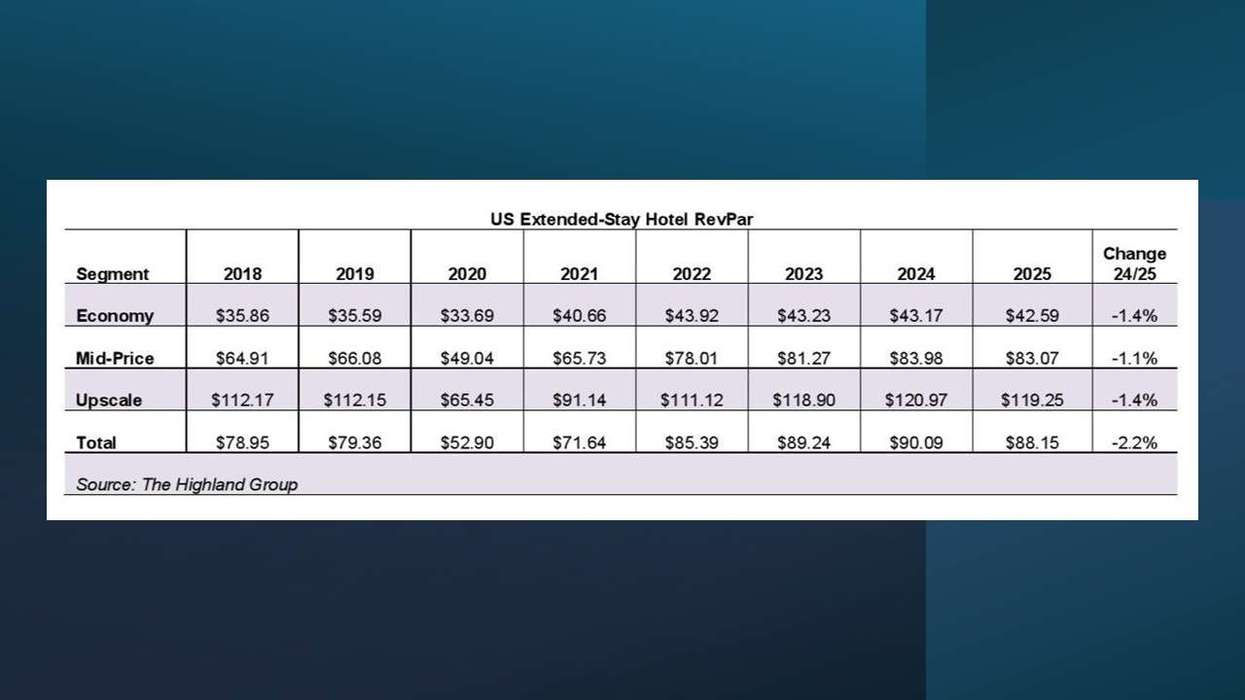From the courtroom to the halls of Congress, Laura Lee Blake has been representing AAHOA in some capacity for more than a decade now. For the past year she has served as the organization’s president and CEO, and recently she sat for Asian Hospitality’s Leadership Series to discuss the issues facing the association today.
Those issues include the promotion of franchise reform, programs to advance women in the hotel industry and her future plans in her role at AAHOA. Blake’s work for the association began well before her current appointment.
Making the decision
Blake, who is an attorney, worked with AAHOA from 2005 to 2014, then left to return to her law firm in Newport Beach, California. She had just started a trial on a big case when AAHOA offered her the president position.
“I thought, am I ready to leave this,” Blake said. “But then I sat back and I thought to be president and CEO of AAHOA, the largest hotel owners association in the world, with nearly 20,000, members owning 60 percent of all hotels across the U.S., I thought I cannot pass this up. This is an opportunity unlike any other. And so I jumped at the opportunity.”
The past year has been busy, Blake said.
“Within just a matter of months of me taking over this role as president and CEO we actually had five of the major franchisers pull out and that was all because of our support for New Jersey fair franchising legislation,” she said.

That legislation, Assembly Bill 1958 would make changes to the New Jersey Franchise Practices Act that parallel AAHOA’s 12 Points of Fair Franchising, which outline the association’s recommendations for maintaining a strong relationship between franchisee members and franchisers. Part of that process, and a point in the New Jersey law, is greater transparency from franchisers regarding aspects of their franchise agreements defining preferred vender programs, which has been a source of conflict between some AAHOA members and companies such as Choice Hotels International.
Mitigating circumstances
That conflict was at the center of a mitigation ruling in August that was a partial final award in a 2020 lawsuit ordering Choice to pay $760,008.75 in attorney’s fees and costs to claimant Highmark Lodging, led by Darshan Patel. The ruling found that Choice failed to negotiate discounts through its preferred vender program and instead used it as a source of revenue.
Blake said the ruling was unusual because in most cases rulings of this type are sealed. However, it may also lead to positive change.
“We are planning to meet again with Choice and determine a path forward,” Blake said. “I did hear that Choice is making some changes to address that. We don't have confirmation, full confirmation, but it looks like some changes might be happening and if there's a benefit for the hotel owners, that's what we care about, from AAHOA was to make sure that our members are benefited from all of this.”
Women’s ownership
Another development during Blake’s time as president is the rise of several new programs aimed at improving women’s role in the hospitality industry and promote women ownership of hotels. That includes AAHOA’s HerOwnership initiative.
“I see that through all of these various women's conferences, the more that women can come together and can raise awareness,” Blake said. “First, is just raising awareness, and coming together and talking about stories, sharing their stories, and what is happening, and how did they get to where they're at. The second aspect is inspiring each other. It's taking what we are going, what we've gone through, and really using it to inspire one another, to stay strong and stand firm.”

The first HerOwnership event was more successful than expected, Blake said.
“We thought maybe there would just be a small gathering of women, which was fine for an inaugural event,” Blake said. “We thought maybe 50 women, and here we had close to 300 or so and really from not only all over the country. We had a woman from Canada, a woman from India, so we are ready on our first one, our inaugural launch of HerOwnership. It was already an international conference.”
The next HerOwnership conference is planned for Nov. 2 to 3 in Dallas.
Telling the story of AAHOA
Blake also spelled out what she found to be the key to success as AAHOA’s president and CEO.

“I would say that there's two things. One is, you really need to be a Jill of all trades,” Blake said. “You have to be able to really put any hat on and be prepared to serve in that role. But I think as far as maybe a skill, I think it would be judgment and wisdom that goes with it, that you can be wise in the decisions that you're making. Because there's so much that is coming at us, so many challenges. And at every step, you have to step back and say, ‘How can we best serve our members?’ and always to keep that at the front of our mind.”
Her plan for the future is to increase the connections between AAHOA members.
“One big goal that I have in the in the upcoming year, too, is to tell more of our AAHOA story. I think sometimes, we are so accustomed to it, that we forget that maybe the rest of the world doesn't know it,” Blake said. “Just amazing stories like that of our past chairman coming over from India with pennies in their pocket and coming together as a community. As a community, buying that first hotel, joining together buying other hotels. I mean, the stories are just absolutely a tribute to the American dream.”






